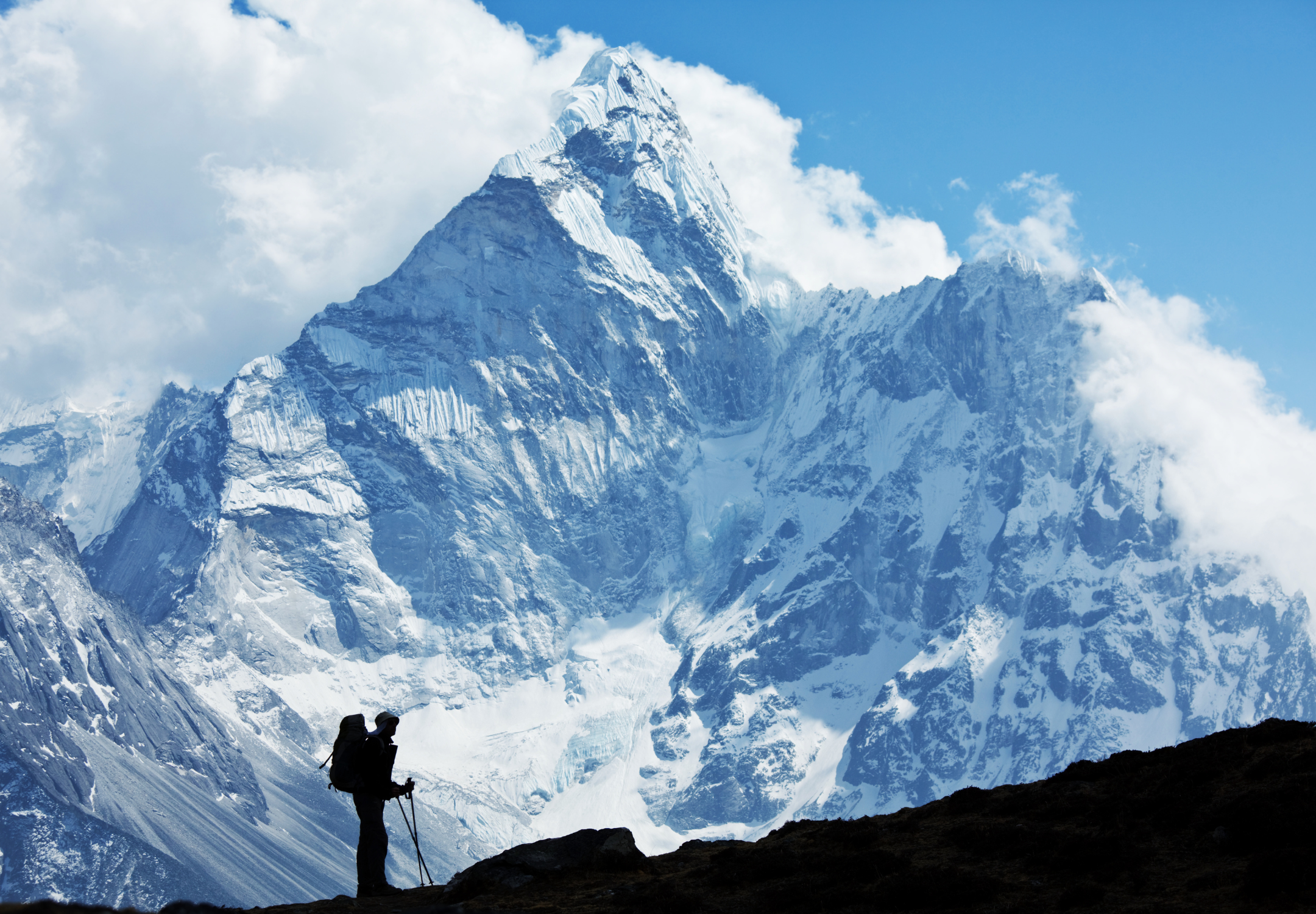Are you planning to trek to Everest basecamp? With an altitude of 5,364 meters (17,598 feet), the Base Camp is the starting point for mountaineers who are attempting to climb the world’s highest mountain, Mount Everest. But you don’t have to be a mountaineer to experience the magic of the Everest Base Camp trek.
Whether you’re a seasoned hiker or a beginner, it’s important to prepare your body for the physical demands of this challenging journey. So get ready to lace up your hiking boots and learn how to prepare for a journey to the roof of the world. Here are some tips for training:
- Build endurance: Trekking to Everest basecamp involves long days of hiking at high altitudes. If you have access to a simulated altitude environment (like an altitude chamber), doing your cardio sessions in this environment would be an ideal form of preparation to build endurance and increase aerobic performance. Training at simulated altitude will help you resist fatigue and maintain high energy during long hikes. If you do not have access to a simulated altitude environment, you can focus on building your endurance by going on longer hikes or walks, gradually increasing the distance over time.
- Train with a backpack: You’ll be carrying a backpack with your essentials, so it’s important to get used to the weight. Start by carrying a light backpack and gradually increase the weight as you get stronger.
- Get outside: Incorporating outdoor hikes into your training plan is a great way to prepare your body for the challenging weather conditions and terrains you may encounter on the trek to Everest basecamp.
- Pre-acclimatize: Altitude sickness is a concern when trekking at high elevations. The trek to Everest basecamp takes you through a range of elevations up to 5,364 m. Longer duration exposures to simulated altitude can help prepare your body for the thin air. Long exposures create hematological adaptations (changes in factors in the blood), which can help reduce and prevent symptoms of altitude sickness. Hematological changes can also further improve delaying fatigue while at high altitudes.
- Work with an expert on a training plan: Hiking uphill and downhill for several hours a day can be tough on your legs. Good balance is important when dealing with unstable terrain while fatigued. And stamina is critical on long hiking days. A good coach can make sure you’re well trained for each of these factors – cardio, strength and balance – before you leave. The duration of your training plan will depend on how much time you have to prepare and where you’re currently at physically. But in general, it’s recommended that you start preparing at least 3 months before your trip. Talk to a coach about getting started on a mountaineering-specific training plan for the trek to Everest basecamp: Book Coach Consult
Remember, training for Everest basecamp is not just about physical preparation, but also mental preparation. Stay positive, stay focused, and enjoy the journey!

To learn more about simulated altitude training and training programs, check out our memberships or email us at info@altitudeathletictraining.com.
